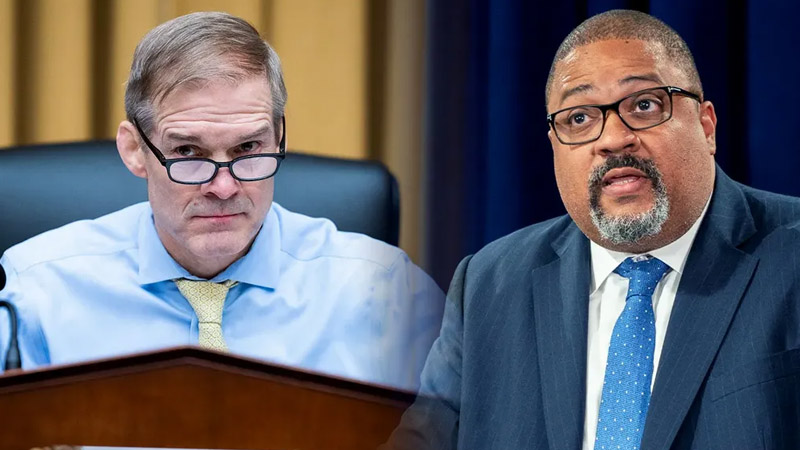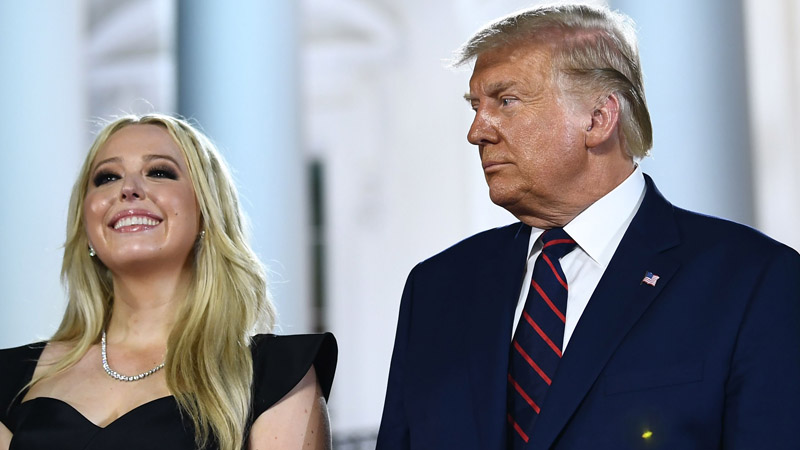“The Office Stands By Any Efforts” DA Bragg and Congressman Jordan Clash Over YouTube Gun Content Policy

(Photo illustration by Salon/Getty Images)
Manhattan District Attorney Alvin Bragg, fresh off a successful prosecution of former President Donald Trump on 34 felony counts of falsifying business records, finds himself at the center of another controversy. This time, it involves his role in persuading YouTube to remove instructional videos on making illegal gun modifications—a move that has irked House Judiciary Chairman Jim Jordan (R-OH).
According to a report by The Daily Beast, Chairman Jordan recently escalated the issue by sending a formal letter to Alphabet, YouTube’s parent company. This letter demands clarity on the platform’s decision to block videos instructing viewers on how to create “ghost guns”—homemade firearms without serial numbers, making them difficult to trace.
The letter explicitly questions Bragg’s involvement, referencing the prosecutor’s public pressure on YouTube back in April to address the proliferation of such content. In response to the ensuing controversy, Bragg’s office issued a statement asserting their position: “The office stands by any efforts made to encourage companies to act responsibly and prevent children from accessing tutorials to manufacture dangerous guns that can be used in violent crimes.”
This declaration underscores Bragg’s endorsement of the video removals, framing them as a public safety imperative. This isn’t the first instance of YouTube being pressured to manage gun-related content. In 2021, the advocacy group Everytown for Gun Safety urged YouTube to remove videos that provide detailed instructions on building unserialized firearms.
The group highlighted the risks not only to public safety but also to users of the platform, including experienced firearms enthusiasts. Concerns were particularly noted about the dangers of 3D-printed guns made from materials that may fail under the stress of firing. The broader national context includes recent judicial and legislative actions. The Supreme Court recently overturned a Trump-era regulation that banned the sale of bump stocks, which modify semiautomatic weapons to fire like machine guns.
The Court argued that Congress hadn’t granted the Bureau of Alcohol, Tobacco, and Firearms the authority for such regulation, sparking new legislative efforts to formally ban bump stocks—a move facing opposition from Republican lawmakers. As this debate unfolds, the tension between public safety concerns and the rights of gun owners continues to be a polarizing issue, with figures like Bragg and Jordan emblematic of the broader national divide on gun control and regulation.


